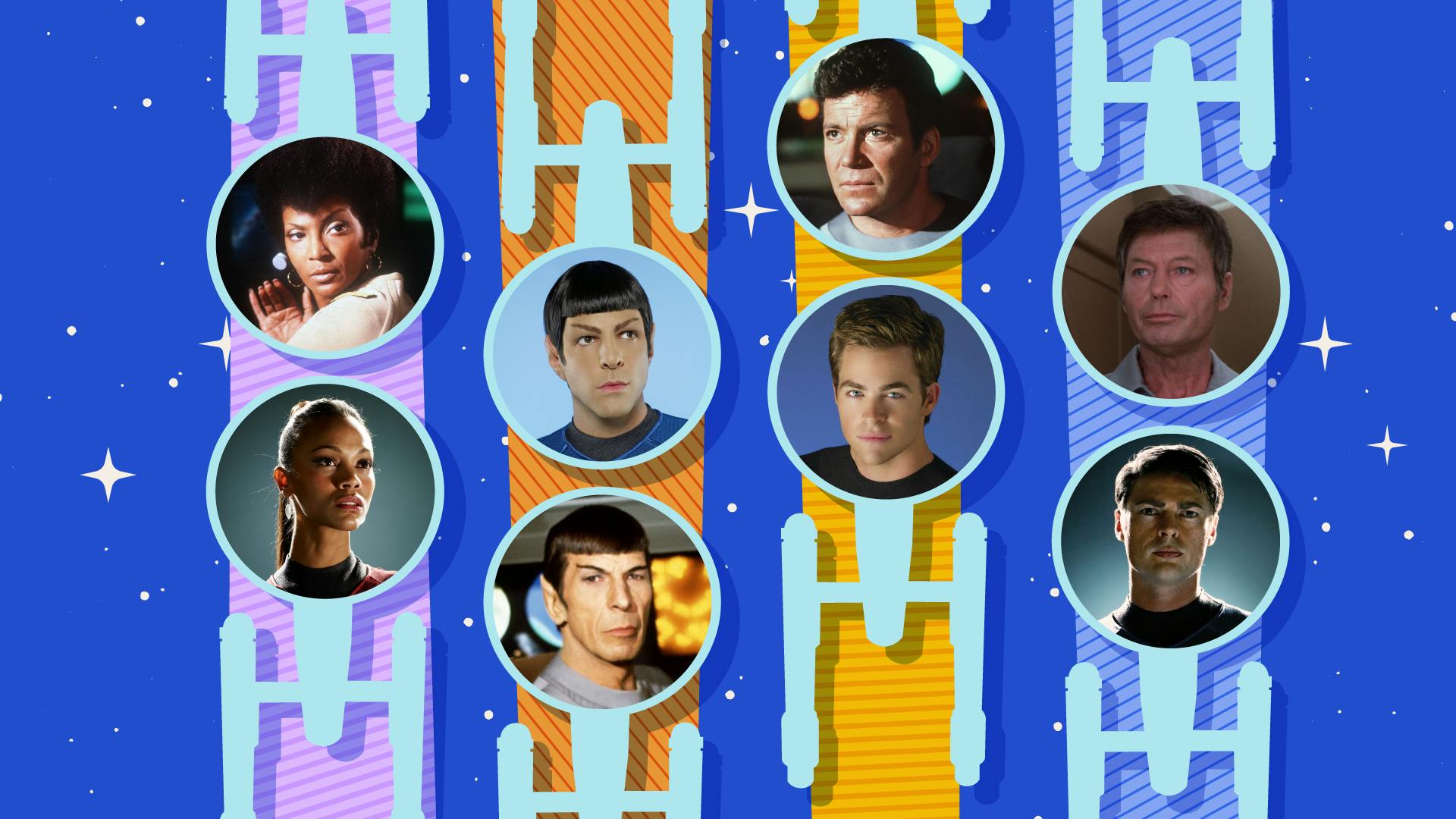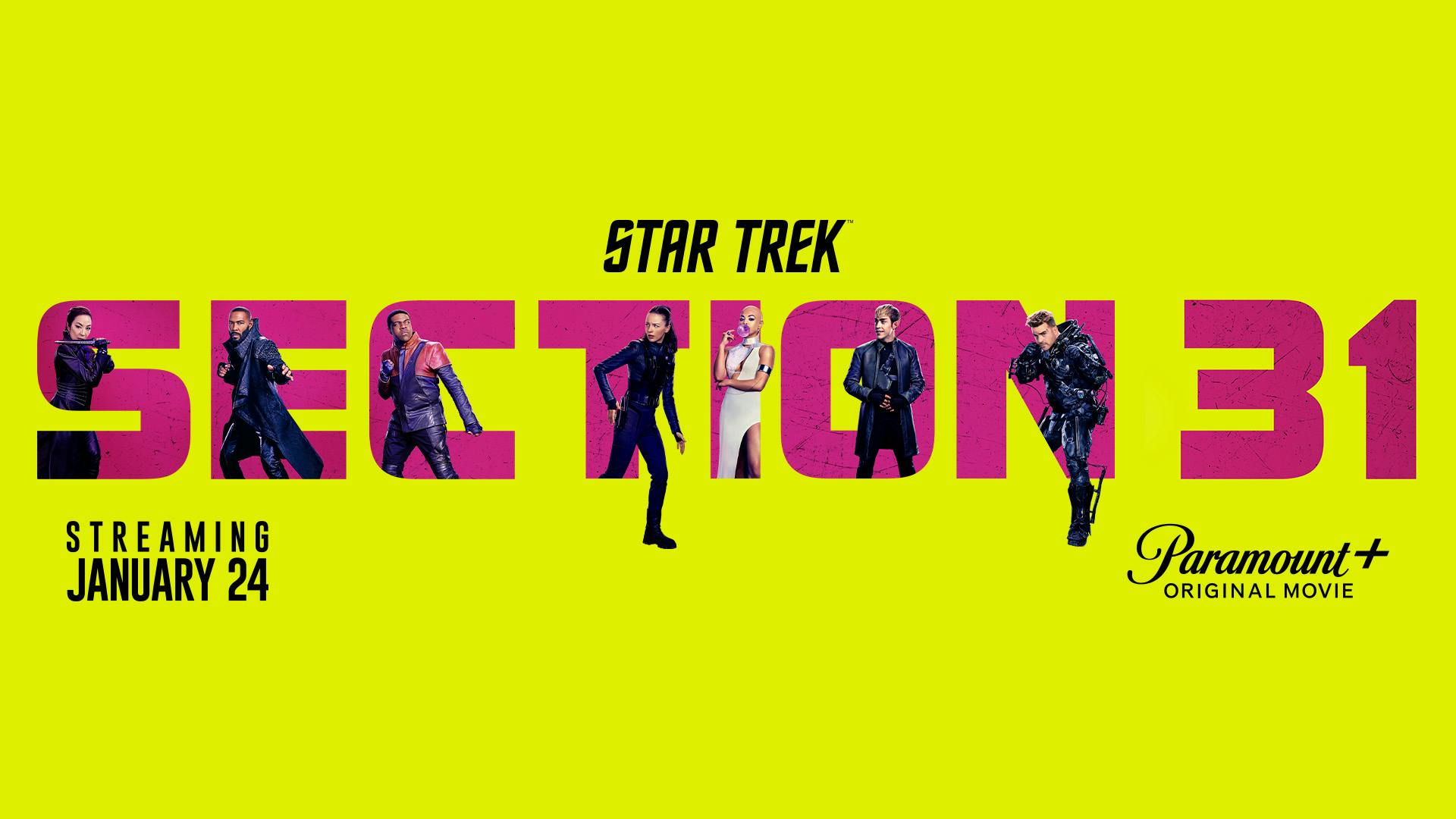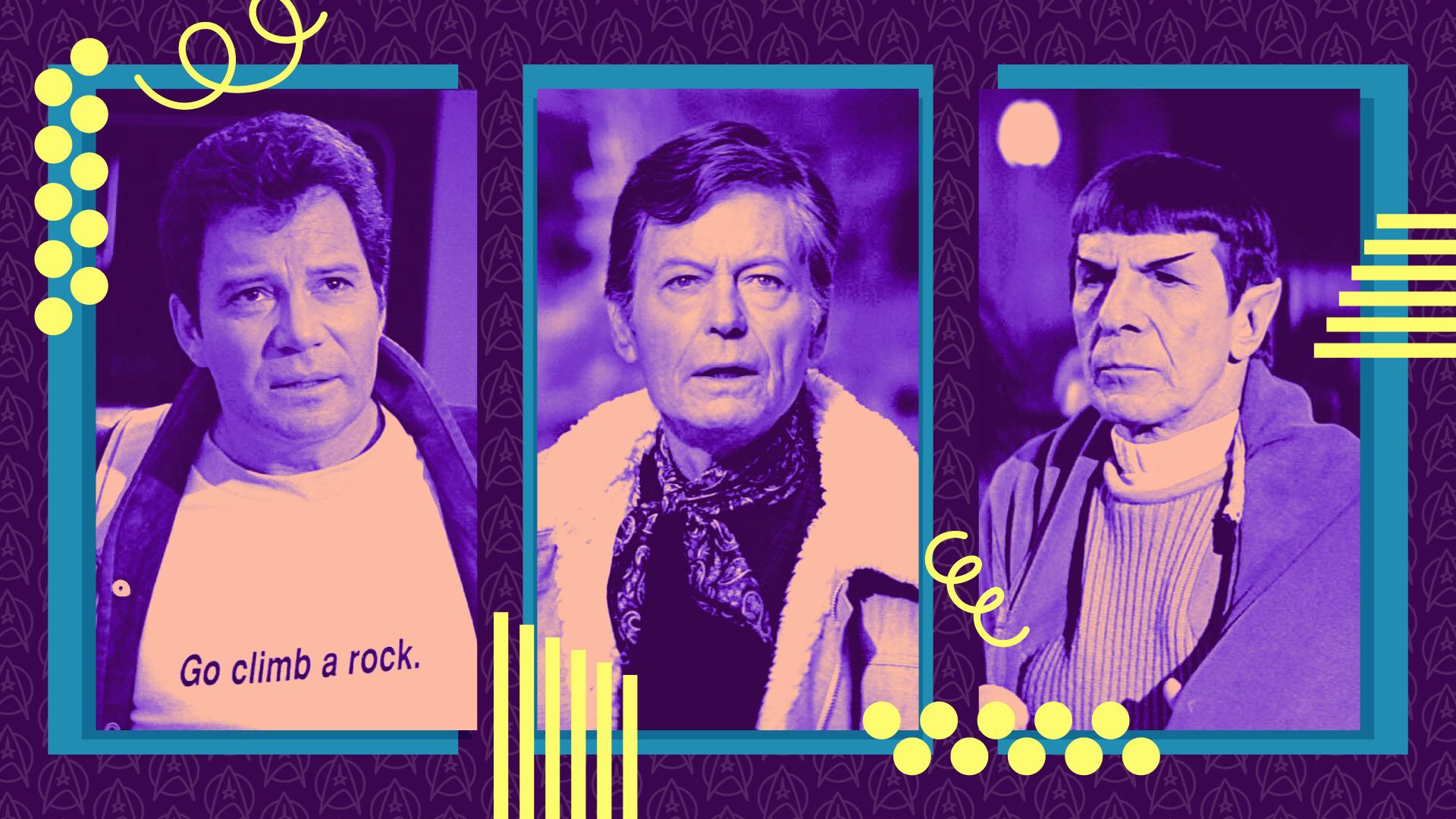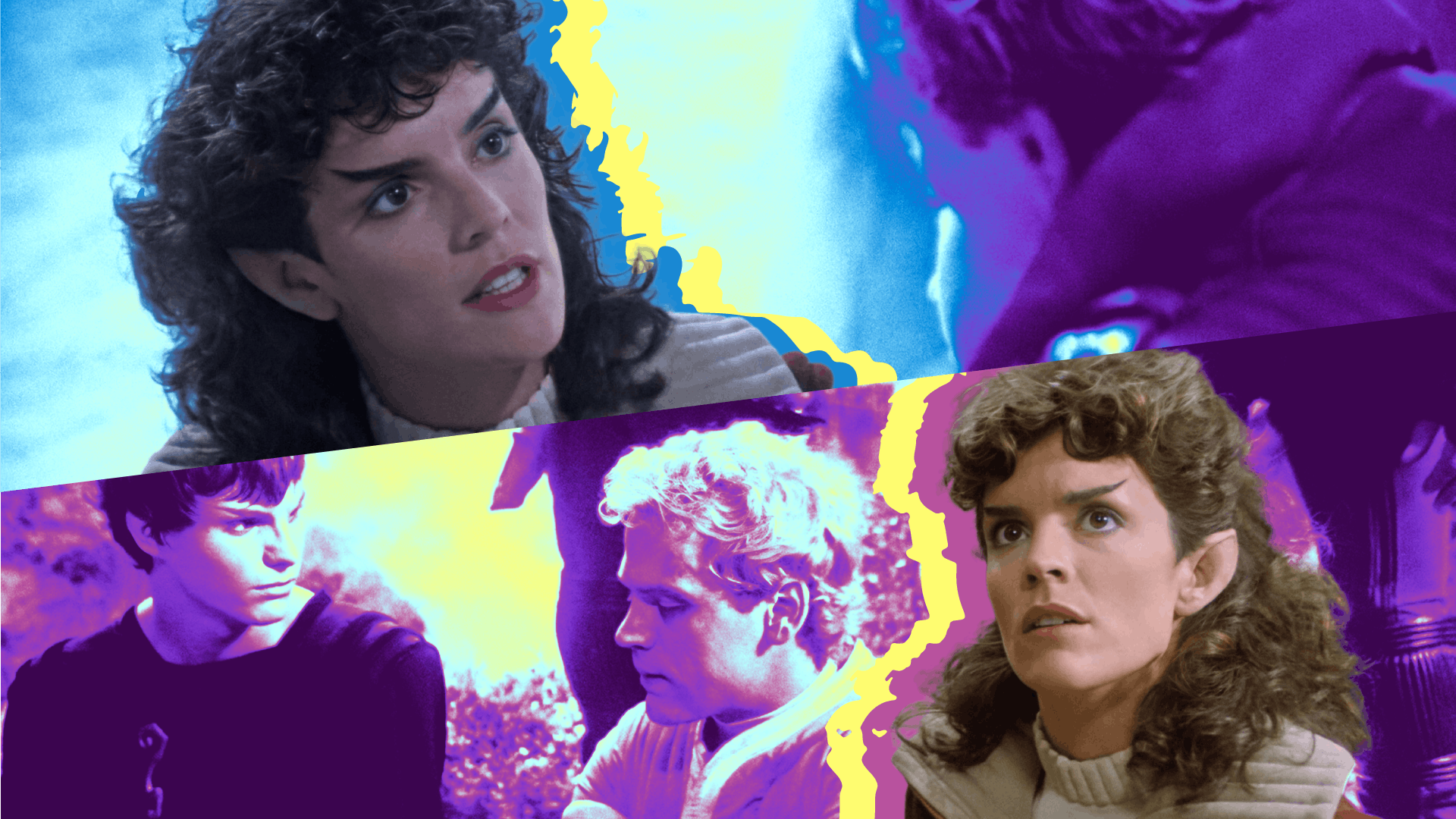Published Nov 22, 2023
Want to Watch Star Trek? Start with 'First Contact'
It turns out that 'Star Trek: First Contact' is the perfect first contact.

StarTrek.com
Star Trek currently encompasses an astounding roster of 13 feature films and over 800 television episodes, so potential fans often ask me to recommend a logical starting point where they can begin their own personal journey through Trek. My reply? I will always advocate for as the perfect introduction to the franchise.
From the impressive assembly of Federation starships at the Battle of Sector 001 to the spacewalk on the U.S.S. Enterprise-E’s exterior hull, First Contact delivers breathtaking spectacles with the ability to thrill any audience. The film masterfully blends high stakes action and adventure with a spirit of exploration and Gene Roddenberry’s vision for a utopian future, making it a fantastic movie in its own right. The first act’s depiction of a massive Borg Cube menacingly approaching Earth establishes a frame of reference which clarifies that humanity’s very fate is at stake. Throw in time travel as another key ingredient for science fiction aficionados, and you have the recipe for an exhilarating escapade.
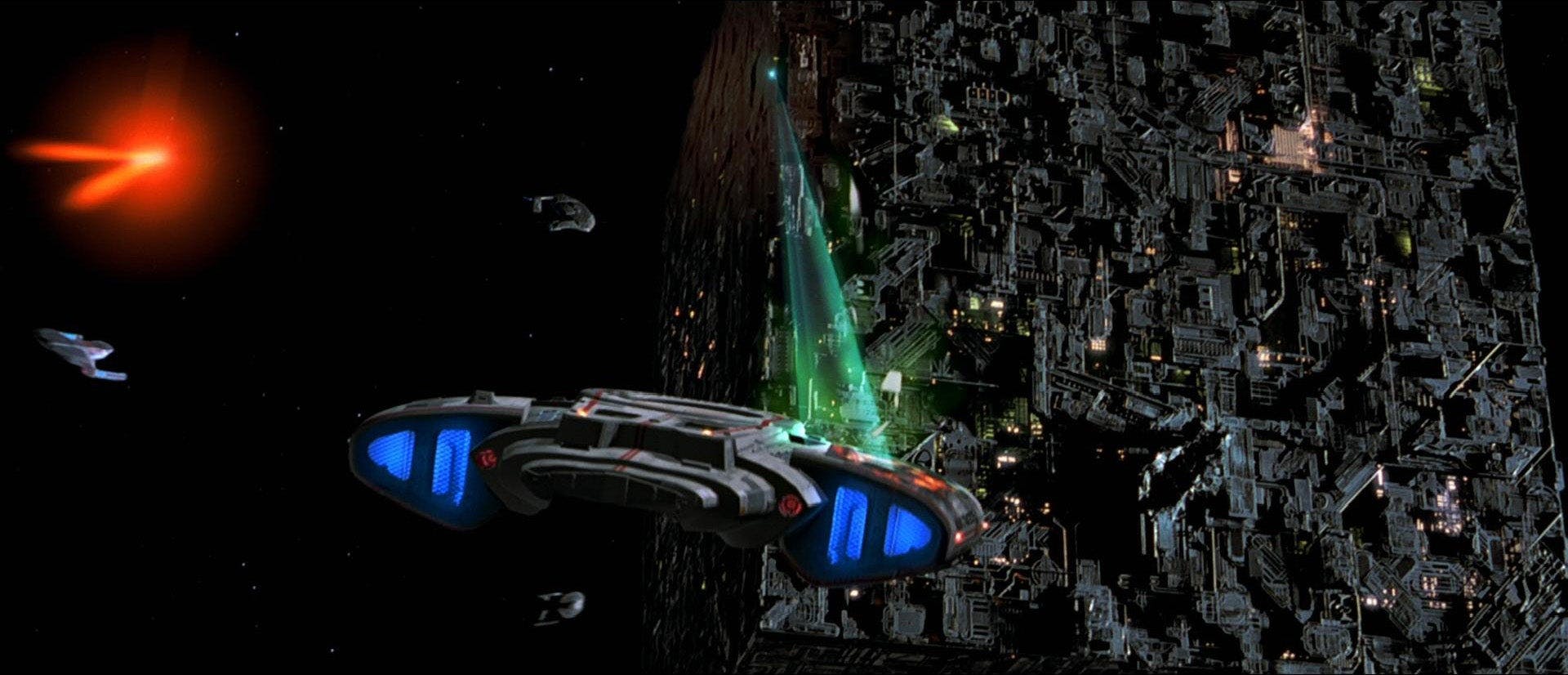
Star Trek: First Contact
StarTrek.com
What's more, this adventure incorporates elements from other Star Trek series that could propel new viewers to give those additional installments a try. I firmly believe that anyone who enjoys First Contact will almost certainly have an interest in learning more about the ever-expanding Star Trek universe.
Moving beyond the basics, First Contact strikes all the right notes in its attempt to capture the marvel of exploration and outline the facets of Gene Roddenberry’s ideal society. Despite their capacity to travel the cosmos, the Enterprise-E's crew constantly exhibit childlike wonder whenever they encounter a piece of their pioneering past. Captain Picard conveying his appreciation for the Phoenix to Data, Geordi La Forge reacting with joy upon seeing the Enterprise through a telescope, and Commander Riker expressing awe overseeing the moon all connect with a desire to seek the unknown and fill one’s mind with knowledge. Even Zefram Cochrane's skepticism fades away during the Phoenix's initial mission when the scientist receives an orbital perspective of the Earth after launch, observes the Enterprise-E shadowing the Phoenix, and makes first contact with the Vulcans.
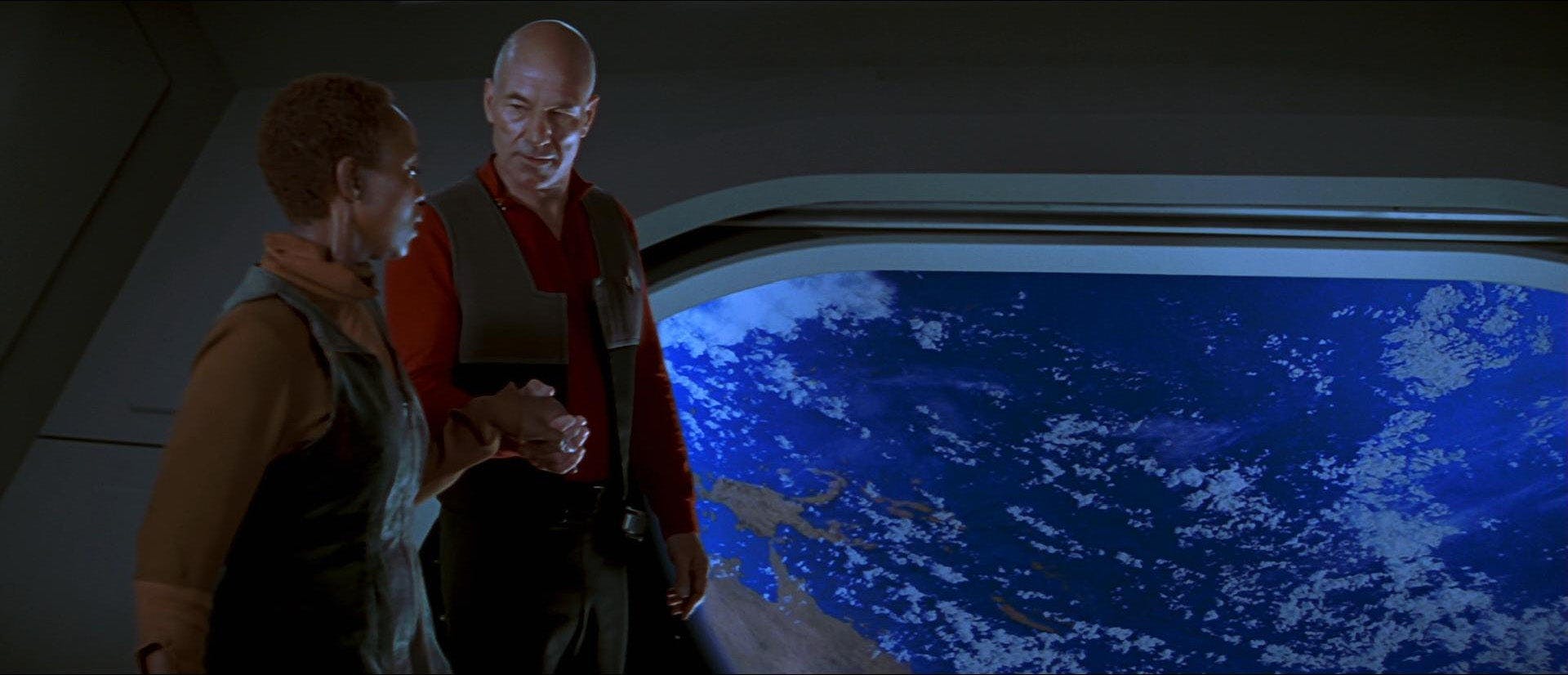
Star Trek: First Contact
StarTrek.com
Picard’s burgeoning friendship with Lily permits audiences who might be unfamiliar with Federation history to discover more about the interstellar government through a 21st-Century woman’s eyes. Whether observing a forcefield or dealing with her first "ray gun," Lily’s evolving understanding of the future parallels a possible learning curve for new Star Trek fans. Picard describes humanity’s role in a peaceful coalition where greed has evaporated and people pursue their passions in terms that resonate with Gene Roddenberry’s utopian vision. Riker, Troi, and La Forge offer further exposition to Cochrane, explaining that his warp drive will cause a rendezvous with the Vulcans which unites humanity, eradicates hunger and conflict, and grants Earth a place in galactic affairs. These details supply vital background information and outline a road map for how the idyllic Federation came to be.
But, Lily also stands as Picard’s conscience and delivers harsh critiques and necessary advice that the captain’s subordinates often must refrain from relaying themselves. Lily appears to express more compassion for an assimilated Ensign Lynch than Picard, demonstrating that our human flaws still plague the captain's supposedly "evolved sensibility." Picard may hail from an advanced era, but Lily reaches the captain by comparing his vendetta against the Borg with Captain Ahab’s 19th-Century pursuit of a white whale in Herman Melville's Moby Dick. Their experiences in different centuries do not prevent Lily from expertly maneuvering through Picard's excuses and rebuking the vaunted captain's primal urge for revenge.
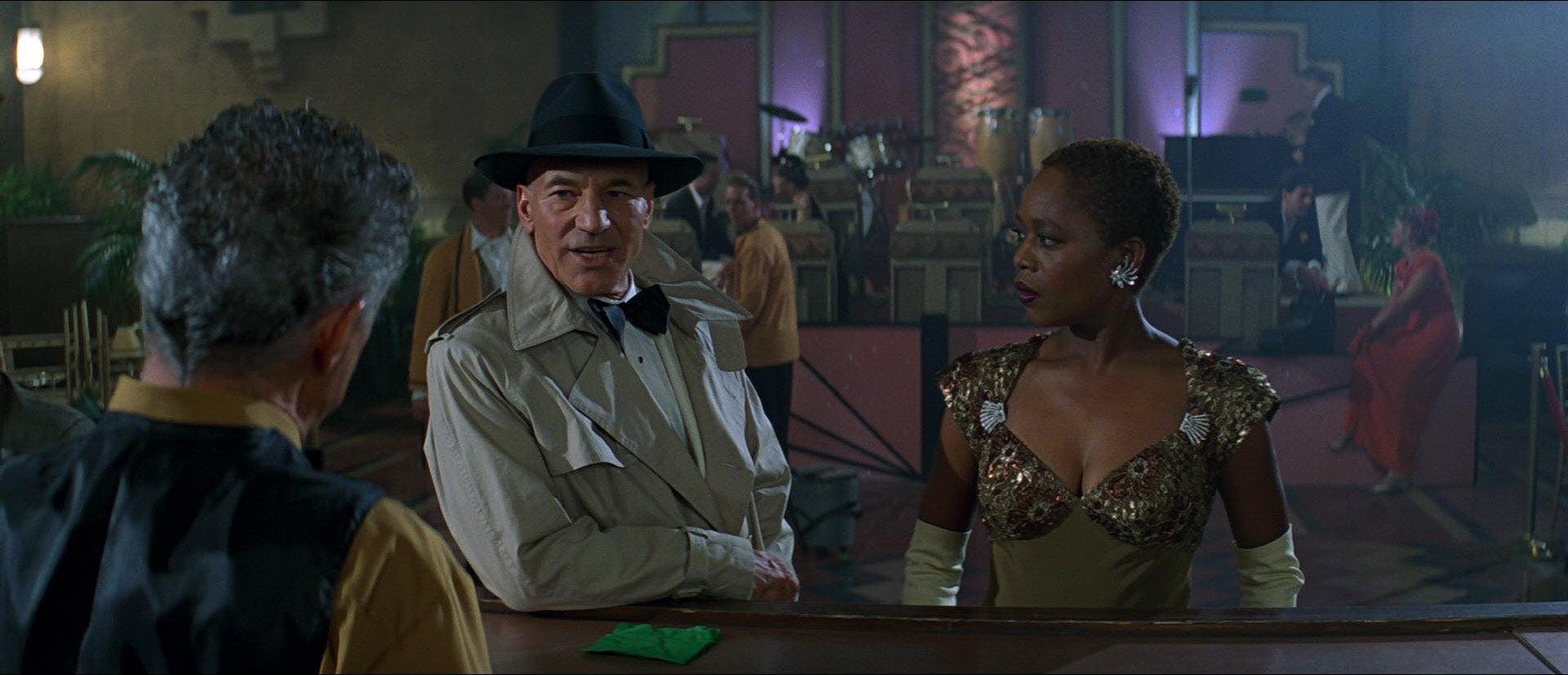
Star Trek: First Contact
StarTrek.com
In fact, First Contact’s superb dialogue is another characteristic that can draw in casual moviegoers. Lily begins her verbal skirmish with Picard by memorably declaring, “I don't know jack about the 24th Century, but everybody out there thinks that staying here and fighting the Borg is suicide. They’re just afraid to come in here and say it!" The matter-of-fact statement frames the starship’s predicament in common terms without discarding any urgency.
In a moment of rage, Picard delivers his legendary proclamation, "They assimilate entire worlds, and we fall back. Not again, the line must be drawn here. This far, no further! And I will make them pay for what they've done!" The allegedly refined captain resorts to personal bravado and reveals the true extent of his pain in this boastful outburst. Not to be overshadowed by the dramatic, Lily and Picard share a poetic moment of mutual admiration for one another’s paths during the final act:
I envy you, the world you're going to."
"I envy you, taking these first steps into a new frontier. I shall miss you, Lily.
Lily Sloane and Jean-Luc Picard, Star Trek: First Contact
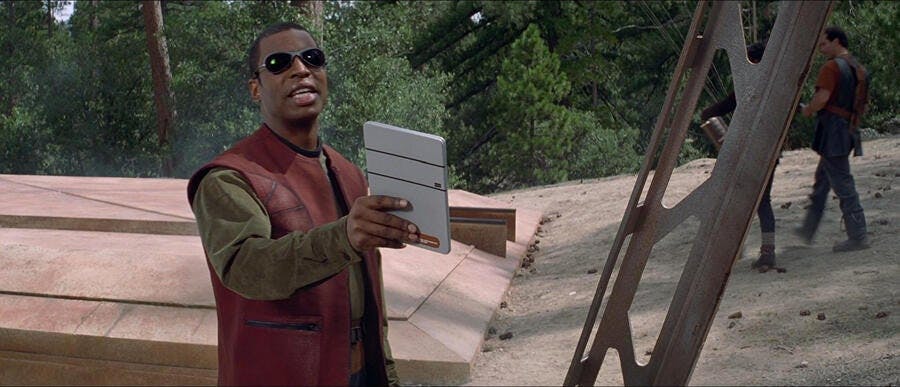
Star Trek: First Contact
StarTrek.com
Stirring quotes aside, the film’s universal appeal stems from the fact that it is fun. Good-natured humor permeates the script and guides the story through its tensest scenes. While humanity's future hangs in the balance, Troi jokingly prods Picard and Data about their veneration for the Phoenix and "blends in" to ingratiate herself with an intoxicated Zefram Cochrane.
As the Borg prepare to infiltrate sickbay, Doctor Crusher activates the Enterprise-E’s Emergency Medical Hologram to distract the drones. The situation alludes to Doctor McCoy’s infamous quips when the EMH takes umbrage to Crusher's request and argues, “I’m a doctor, not a doorstop!” Data's typically endless stream of inquiries and talkative personality pepper lighthearted absurdity throughout his dire discussions with the Borg Queen. Zefram Cochrane dispenses his own brand of comic relief, as even his somewhat crude exchange with La Forge concerning "leaks" underlines the contrast between the two characters’ civilizations.
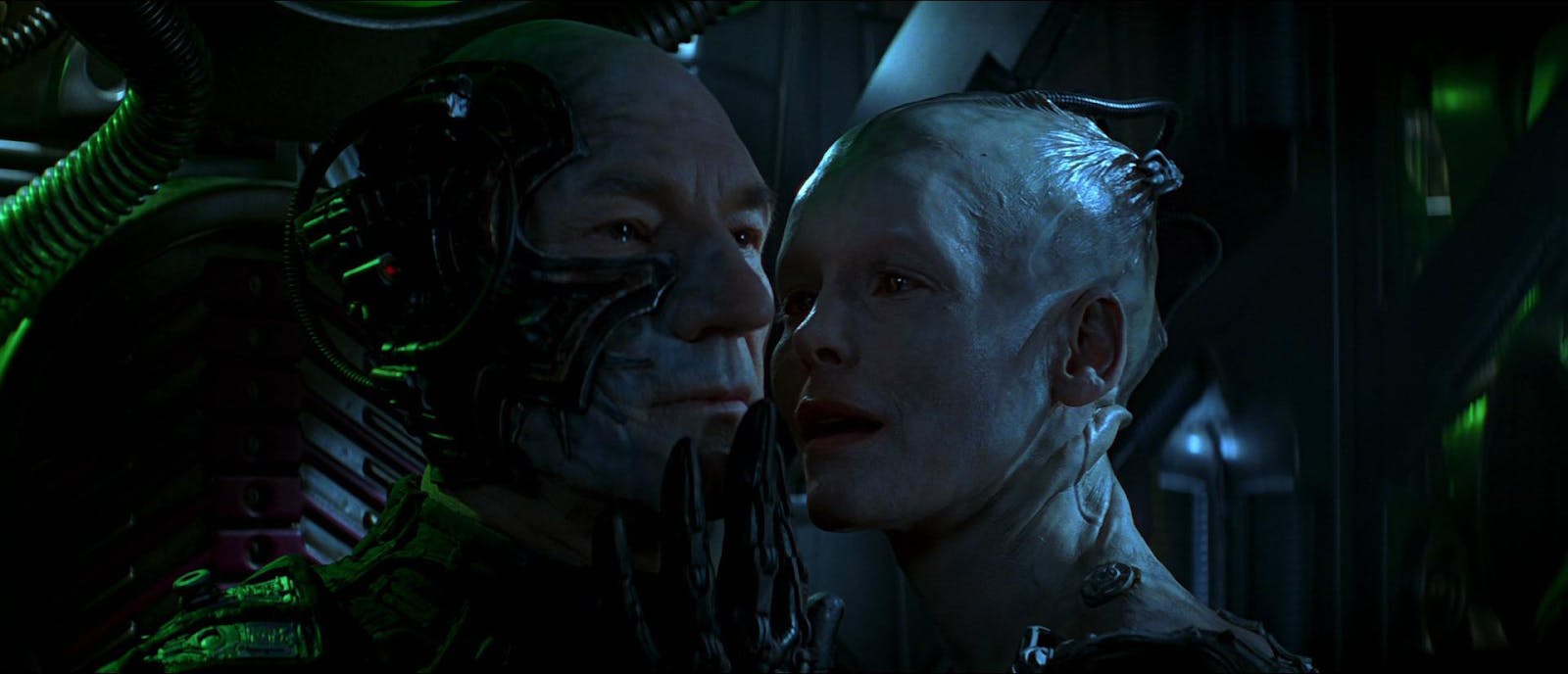
Star Trek: First Contact
StarTrek.com
As the credits role, First Contact leaves plenty of dangling threads for first time viewers to tug at. Interested in educating yourself about the story behind Data’s emotion chip, the android’s fascination with humanity, or the science officer’s very existence? The Next Generation enables fans to further explore the main characters’ backgrounds and how their personal bonds formed.
What about Picard’s history with the Borg Collective? Those intrigued by that specific strand can follow up by consuming the iconic episodes "" and "," just as individuals who would like to see how the crew fared on later missions could watch , , and the forthcoming .
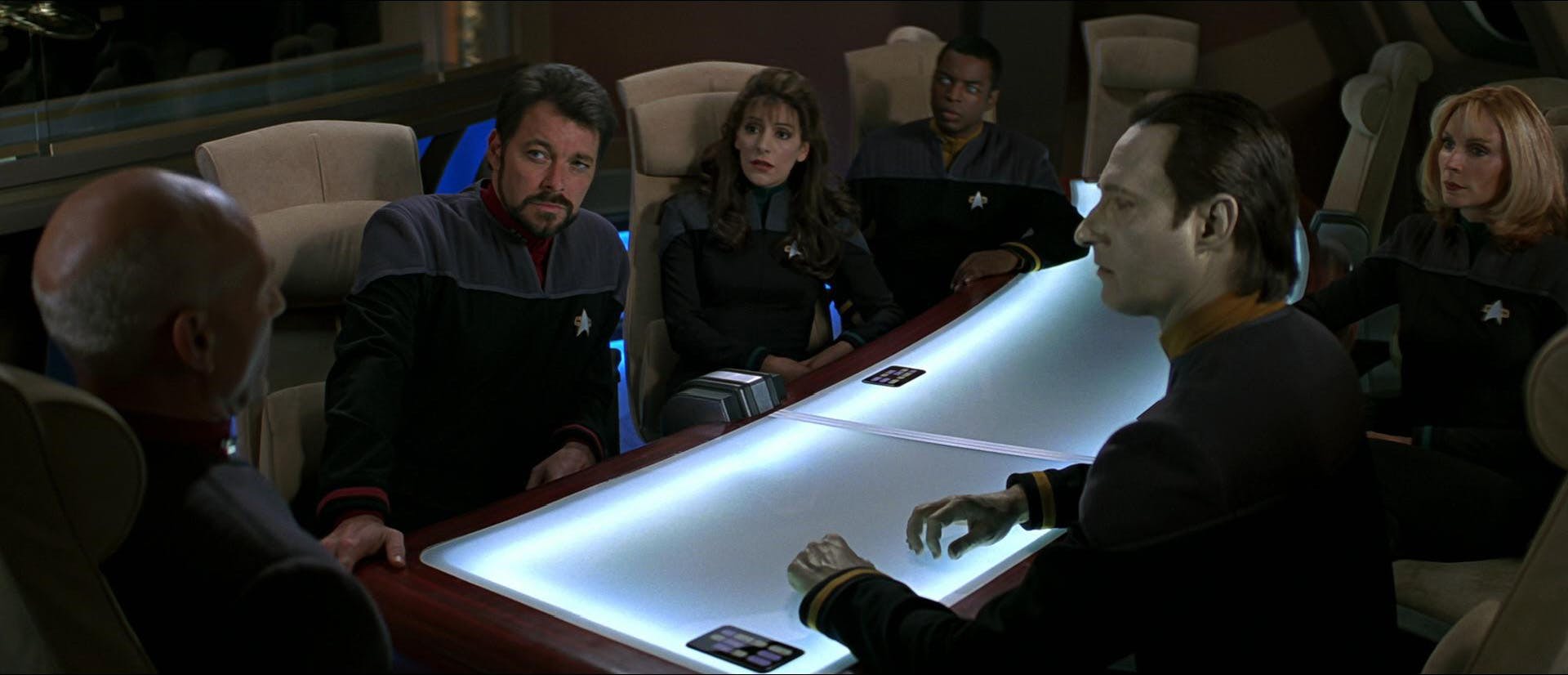
Star Trek: First Contact
StarTrek.com
The "tough little" U.S.S. Defiant's participation in the Battle of Sector 001, as well as the large-scale starship engagement itself, opens the door for anyone compelled to check out and its epic clashes between the Federation, Klingons, Romulans, Cardassians, Breen, and Dominion. Worf’s confrontation with Picard and his bold battle cries illustrate a complicated warrior whose character is analyzed in greater depth in both The Next Generation and Deep Space Nine. Similarly, fans who are entranced by the Borg Queen and her surrogates will be drawn to ’s ongoing involvement with the Collective and the prominent role the series gives to the former drone known as Seven of Nine. Although the Enterprise-E’s EMH lacks the uniqueness inherent to The Doctor, Robert Picardo’s portrayal of both holographic physicians acts as another incentive to watch Voyager.
follows up on First Contact in several ways, ranging from cataloging Cochrane’s work with Henry Archer to highlighting the somewhat rocky alliance formed between humans and the Vulcan High Command. Enterprise’s “,” where survivors from the doomed Borg sphere that was destroyed by the Enterprise-E above Cochrane’s encampment are unearthed in the Arctic Circle, plays the role of an informal sequel to the film’s events. Cochrane himself debuted in the episode “,” opening the door for people to look into that series, its six spin-off movies, and Spock’s crossover to the Kelvin Timeline. Finally, anyone drawn in by First Contact will surely seek out the franchise’s most recent releases, leading them to and Star Trek: Short Treks.
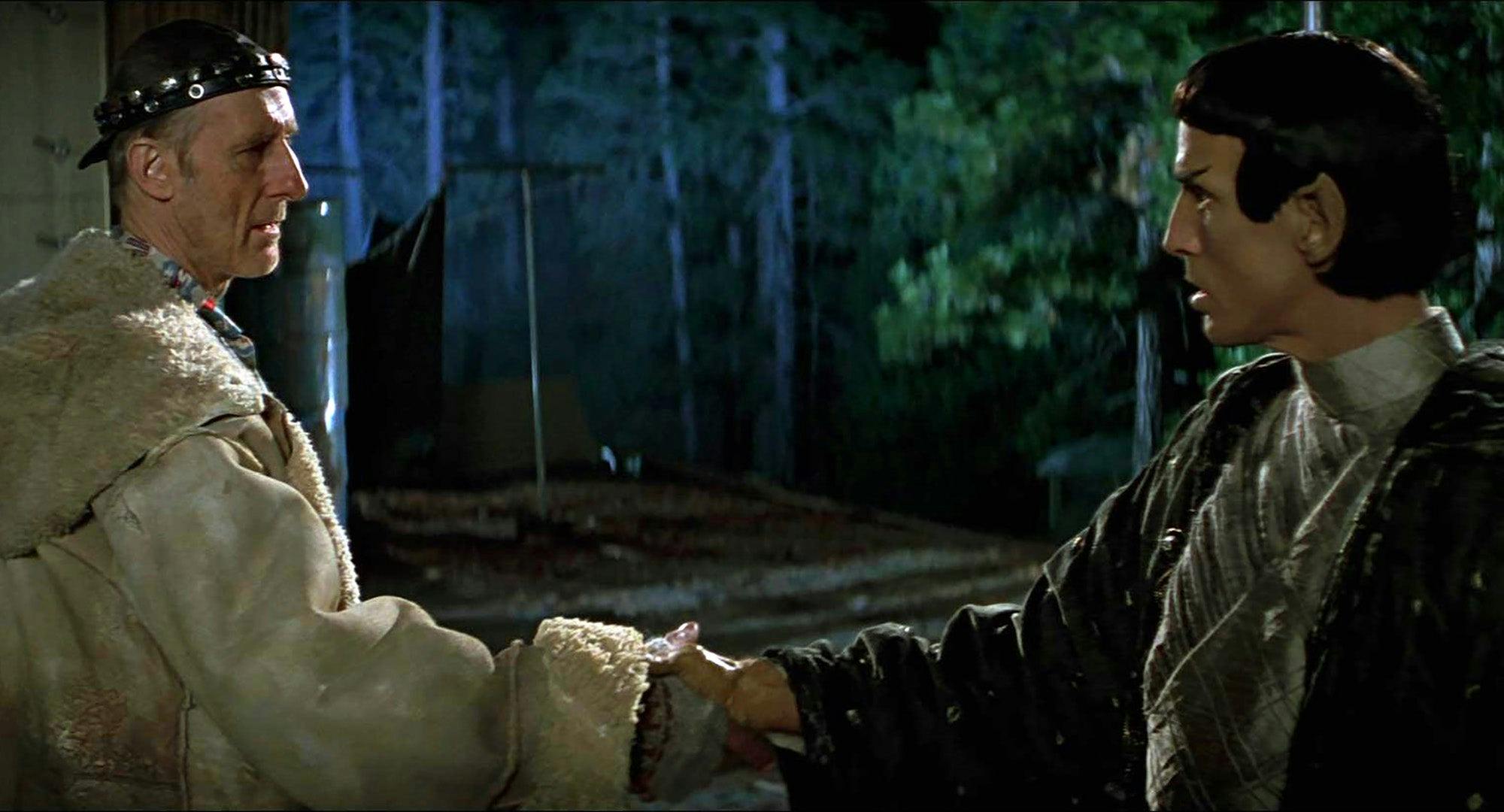
Star Trek: First Contact
StarTrek.com
The prospect of diving into Star Trek’s immense library of stories would overwhelm any potential fan, but Star Trek: First Contact serves as a gateway that can simultaneously entertain a new viewer while gradually exposing them to the broader majesty of Star Trek's other big-screen adaptations and series. An inspiring plot, relatable characters, clever dialogue, and charming humor support a film that finds intrepid heroes defending a hopeful future against a seemingly insurmountable enemy. Although personal tastes vary, First Contact represents the best aspects of the franchise in a way that will almost certainly leave any audience member with a craving for more Star Trek.

